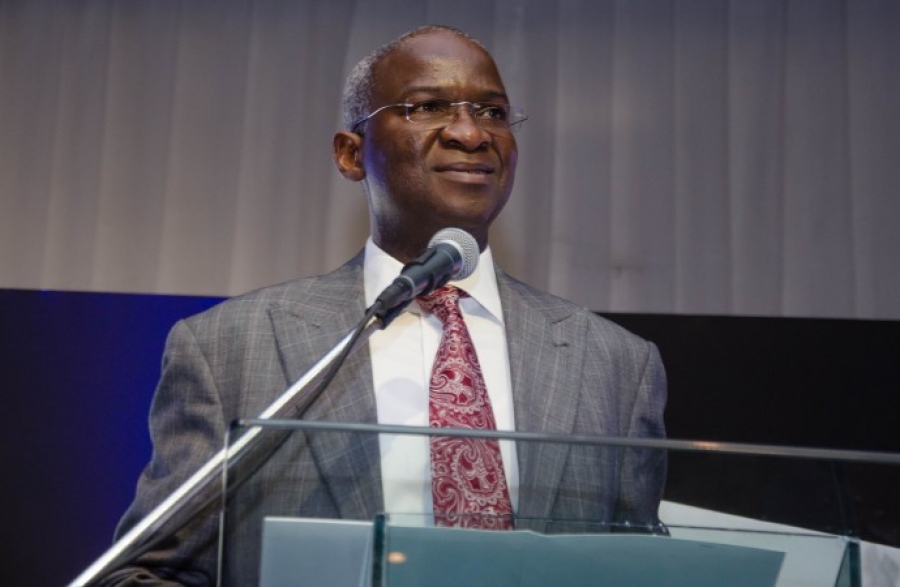- Power Generating Firms Perform Below 30%
The combined performance of all the privatised thermal power generating stations in the country was less than 30 per cent in the third quarter of 2016 despite being managed by private investors.
Industry operators blamed the poor performance of the power generating stations on the recurrent vandalism of pipelines that supply gas to the facilities.
An analysis of the performances of the privatised thermal power plants in the months of July, August and September showed that the Delta, Geregu 1, Sapele 1, Egbin and Olorunsogo 1 performed poorly in the period under review, as none of them could supply up to 50 per cent of their electricity generation capacities to the national grid.
Industry data obtained by our correspondent in Abuja revealed that the contributions of the privatised thermal plants to the national electricity grid in July, August and September were 27.42 per cent, 28.25 per cent and 29.22 per cent, respectively.
Their combined average electricity delivery to the grid in the third quarter of this year was 28.29 per cent, regardless of the fact that they were being managed by private entities since their official handing over to investors in November 2013.
A further analysis of the industry showed that the hydro power generating stations contributed more to the country’s electricity grid in the period under review, as they supplied 34.25 per cent of the electricity.
The National Integrated Power Plants contributed 13.42 per cent of electricity to the grid during the three-month period, while the independent power producers supplied 24.05 per cent of electricity in the third quarter.
On their monthly performances, industry data showed that in July, the three hydro power stations, Shiroro, Jebba and Kainji, contributed 33.15 per cent to the national electricity grid.
In the same month, the seven IPPs namely: Omoshoto 1 & 2; Afam VI, which is operated by Shell; Okpai; Ibom Power; Rivers and Paras contributed 28.09 per cent, while the privatised thermal power stations in Delta, Geregu 1, Sapele 1, Egbin and Olorunsogo 1 provided 27.42 per cent.
Also, the NIPPs, which include Sapele 2, Geregu 2, Odukpani, Ihovbor and Gbarain contributed 11.35 per cent in July.
In August, the three hydro power stations made a combined contribution of 36.64 per cent to the national grid, which was a marginal rise from the 33.15 per cent recorded in July.
In the same month, the privatised thermal plants contributed 28.25 per cent of the power in the national electricity system, as against the 27.42 per cent in July, while the NIPP plants upped their contribution to 13.31 per cent in August from 11.35 per cent recorded in the preceding month.
A reduced contribution came from the independent power producers as their contribution was 21.8 per cent in August compared to 28.09 per cent in July.
For September, the contribution of the hydro power stations dropped to 32.95 per cent, while there was a slight increase in the contribution of the privatised thermal power stations as they provided 29.22 per cent of electricity to the grid.
Also, there was an increase in the contribution of the NIPPs and the IPPs as they supplied 15.59 per cent and 22.24 per cent electricity respectively to the national grid in September.
The Managing Director, Frontier Oil Limited, one of the major suppliers of gas to the gas-fired power plants, Mr. Dada Thomas, told our correspondent that the vandalism of gas pipelines had drastically impacted the supply of the product to the power plants.
This, he said, had contributed immensely to the poor performance of the privatised thermal power plants across the country.
Thomas said, “Why are people blowing up gas lines? It is suicide to blow up gas lines and it can be classified as an economic sabotage, because when you do that, everybody suffers. People in the Niger Delta suffer, those in Lagos suffer as well as others in Kano, for such acts cut down electricity supply.”

 Naira3 weeks ago
Naira3 weeks ago
 News4 weeks ago
News4 weeks ago
 Naira4 weeks ago
Naira4 weeks ago
 Travel3 weeks ago
Travel3 weeks ago
 Naira3 weeks ago
Naira3 weeks ago
 Jobs3 weeks ago
Jobs3 weeks ago
 Naira3 weeks ago
Naira3 weeks ago
 Investment4 weeks ago
Investment4 weeks ago






























